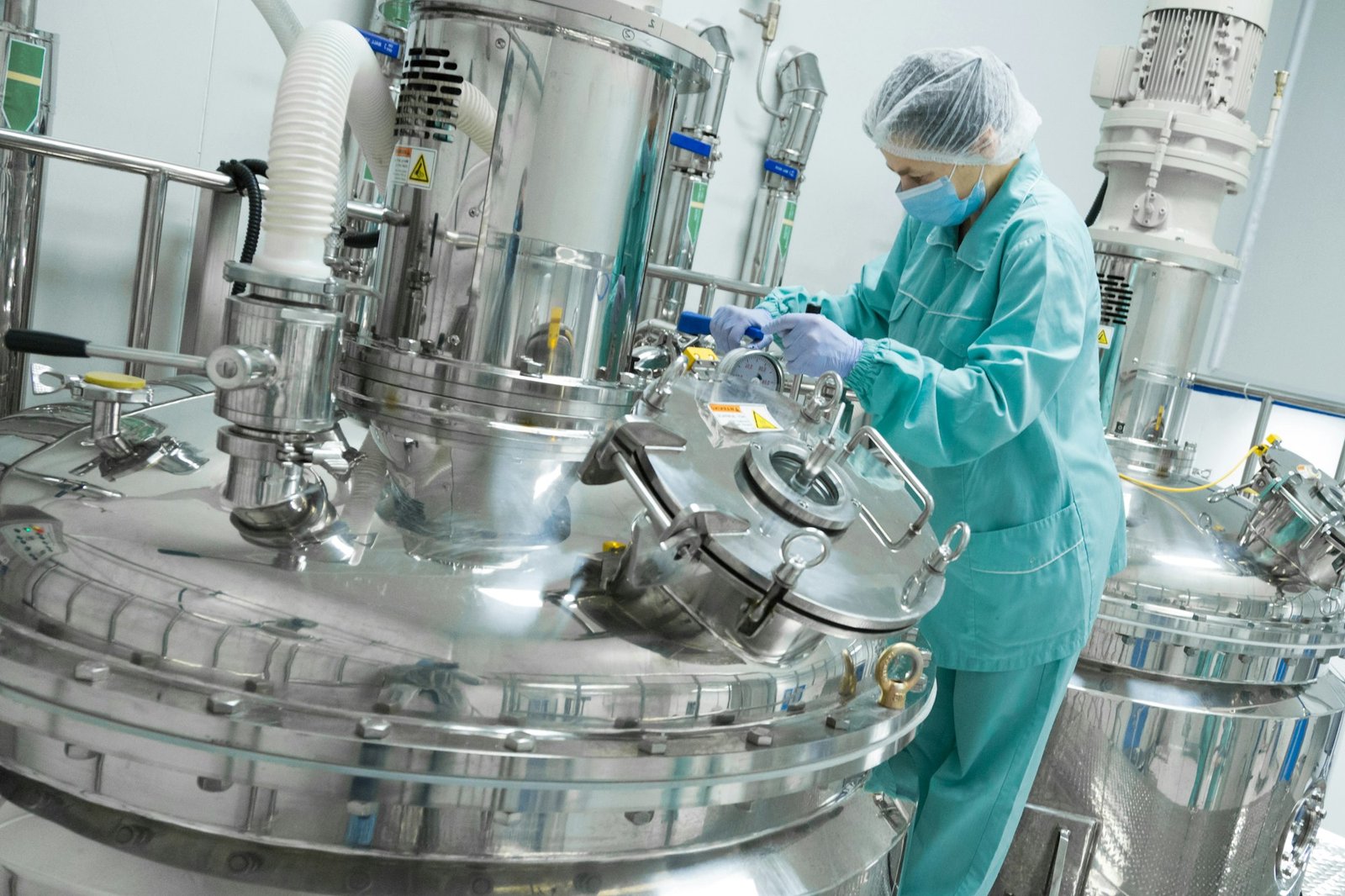In the realm of modern pharmaceuticals, the significance of Active Pharmaceutical Ingredients (APIs) cannot be overstated. APIs are the backbone of drug development and manufacturing, playing a pivotal role in the efficacy and safety of medications. This comprehensive guide delves into the critical role of APIs, exploring their impact on drug development, regulatory considerations, and the future of pharmaceuticals.
Understanding APIs: The Foundation of Drug Development
What Are APIs?
Active Pharmaceutical Ingredients (APIs) are the substances in pharmaceutical drugs that are biologically active. They are the components responsible for the therapeutic effects of medications, acting directly on the body to treat, diagnose, or prevent diseases.
The Importance of APIs in Pharmaceuticals
APIs are crucial for the effectiveness of drugs. The quality, purity, and concentration of an API determine the drug’s ability to achieve its intended therapeutic effect. Without a properly formulated API, medications cannot perform their critical functions.
The Process of API Development
Research and Discovery
The development of an API begins with extensive research and discovery phases, where scientists identify potential compounds with therapeutic potential. This involves sophisticated techniques like high-throughput screening and computational biology.
Synthesis and Extraction
Once a potential API is identified, it undergoes synthesis or extraction. Synthetic APIs are chemically produced in laboratories, while natural APIs are extracted from sources like plants or animals. The chosen method depends on the complexity of the compound and cost considerations.
Optimization and Scale-Up
After synthesis, the API is optimized to enhance its properties, such as solubility and stability. The process is then scaled up from laboratory to industrial production levels, ensuring the API can be manufactured consistently and efficiently.
Regulatory Considerations for APIs
Quality Control and Compliance
Regulatory agencies, such as the U.S. Food and Drug Administration (FDA) and the European Medicines Agency (EMA), have stringent guidelines for API manufacturing, quality control, and documentation. Compliance with these regulations is critical to ensure the safety and efficacy of pharmaceuticals.
Global Supply Chain Challenges
The API market is global, with significant production concentrated in countries like India and China. This poses challenges in terms of quality assurance, regulatory compliance, and supply chain reliability, highlighting the need for robust oversight and quality control measures.
The Impact of APIs on Drug Development and Healthcare
Accelerating Innovation
Advancements in API development, such as novel drug delivery systems and biologics, are driving innovation in pharmaceuticals. These developments promise more effective treatments with fewer side effects, improving patient outcomes.
Personalized Medicine
APIs are at the forefront of personalized medicine, with targeted therapies designed to treat individual genetic profiles. This approach has the potential to revolutionize treatment paradigms across various diseases.
The Future of APIs in Pharmaceuticals
The pharmaceutical industry is on the cusp of a new era, with APIs playing a central role in its evolution. Emerging technologies, such as artificial intelligence and nanotechnology, are set to transform API development, leading to more effective and personalized treatments.
FAQs on The Critical Role of APIs in Modern Pharmaceuticals
What is the difference between an API and a finished pharmaceutical product?
An API is the active component that produces the therapeutic effect, while a finished pharmaceutical product includes the API along with excipients (inactive substances) that help in drug delivery.
How are APIs regulated?
APIs are regulated by authorities like the FDA and EMA, which set standards for their quality, safety, and efficacy. Manufacturers must comply with Good Manufacturing Practices (GMP) and submit detailed documentation for regulatory approval.
Can the quality of an API affect drug efficacy?
Yes, the quality of an API directly impacts the efficacy and safety of a drug. Impurities or variations in concentration can lead to reduced effectiveness or adverse reactions.
How do global supply chains affect API availability?
Global supply chains can introduce risks, such as quality control issues and supply disruptions. Diversification of supply sources and stringent regulatory oversight are essential to mitigate these risks.
What are the latest trends in API development?
Emerging trends include the use of biologics as APIs, the development of highly potent APIs for targeted therapies, and the application of green chemistry principles to reduce environmental impact.
In conclusion, Active Pharmaceutical Ingredients (APIs) are the cornerstone of modern pharmaceuticals, driving the development of innovative, effective, and safe medications. As the industry continues to evolve, the role of APIs will become increasingly important, shaping the future of healthcare and medicine.




